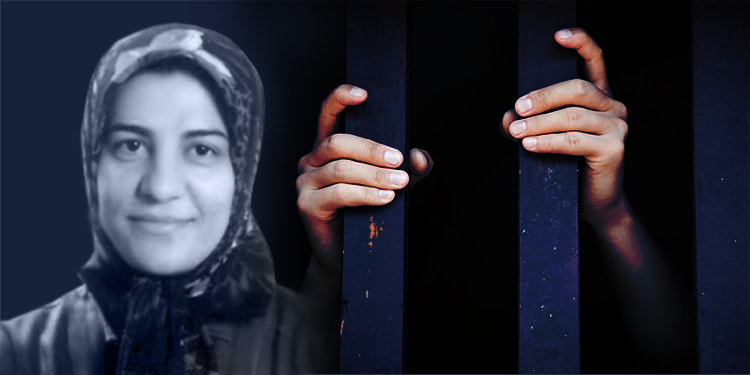From the memoir by Hengameh Haj Hassan – Part 8
In the previous seven installments of Hengameh Haj Hassan’s prison memoir Face to Face with the Beast, we’ve witnessed both the cruelty of the executioners and the unwavering resistance of imprisoned women. In this part, she turns to the defiance of elderly mothers in prison.
The Elderly Mojahedin Mothers
The harassment of Mojahedin mothers was a story in itself. The executioners carried an intense hatred for these women and spared no cruelty in persecuting or torturing them. In prison, these mothers were a moral anchor — especially when the female guards overstepped. Time and again, these mothers would shield younger prisoners, roaring like lions in their defense.
One such hero was Mother Mohammadi. The notorious executioner Assadollah Lajevardi bore a deep personal grudge against her because of her son, Ebrahim Zakeri, a senior Mojahedin member. He never missed an opportunity to insult or mistreat her, yet Mother Mohammadi knew his past well and would expose and humiliate him in front of other prisoners, speaking to him from a position of moral authority. Because of this, Lajevardi often avoided confronting her in public.
She once told him:
“Hey Asadollah! Do you remember when you were proud just to have the Mojahedin acknowledge you as a human being and speak a single word to you? And now look at you — slaughtering them like Yazid![1] Shame on you!”
On one occasion, while Mother Mohammadi was performing her prayers, a female guard named Raheleh — reportedly the daughter of cleric Mousavi Tabrizi — deliberately stirred up dust in the ward and then, in a show of petty power, criticized the way she prayed. Mother Mohammadi, who had already been watching her arrogant posturing, finished her prayers, then suddenly grabbed her slipper and charged at her:
“You filthy, wretched girl! You think you can teach me Islam?!”
Raheleh bolted in fear, unlocking the ward door and fleeing up the stairs like a dog with its tail between its legs, while Mother Mohammadi chased her, hurling insults.
Because of her steadfast defiance and deep commitment to the Mojahedin cause, Lajevardi personally tortured and executed Mother Mohammadi by firing squad.
The same fate befell Mother Kabiri.[2] In their persecution, Lajevardi’s cruelty toward these elderly women knew no bounds. They were women who had seen his past, who dared to expose it, and who, despite all forms of torture, never wavered in their ideals or their love for the Mojahedin.
The Beast in Person
I had never seen Lajevardi up close before — only in photographs or at a distance in Evin’s Prayer Hall. Once, for reasons I don’t know, he entered our ward. At each room he reached, he spewed a few insults and issued threats. Then he stopped at our door.
I finally saw him from only a few steps away, and I swear — never in my life, not even in films, had I seen a creature so repulsive. His appearance was grotesque and frightening. When he removed his glasses to clean them, I saw his eyes — like two bowls filled with dirty blood. His gaze was beyond description. The closest I can come is to say he was like a sickening viper.
My mother had always said, “No human being is ugly, but God shows a person’s inner self in their face.” Lajevardi was the one exception in my life that proved her right. In both character and appearance, I saw not a man, but a true monster. Perhaps it was God’s way of exposing him.
[1] Yazid ibn Mu‘awiya (647–683 CE) was the second Umayyad caliph and is infamous in Islamic history for ordering the killing of Imam Hussein, the Prophet Muhammad’s grandson, at the Battle of Karbala in 680 CE. Among many Muslims, especially Shia, his name is synonymous with cruelty, betrayal, and oppression. Calling someone “Yazid” is a deep insult, equating them with a murderer of the innocent.
[2] Massoumeh Shademani, best known as Mother Kabiri, was arrested in September 1981. Despite severe torture, she stood firm in her beliefs and refused to cooperate with the regime. She was executed by firing squad in Tehran in 1982.
